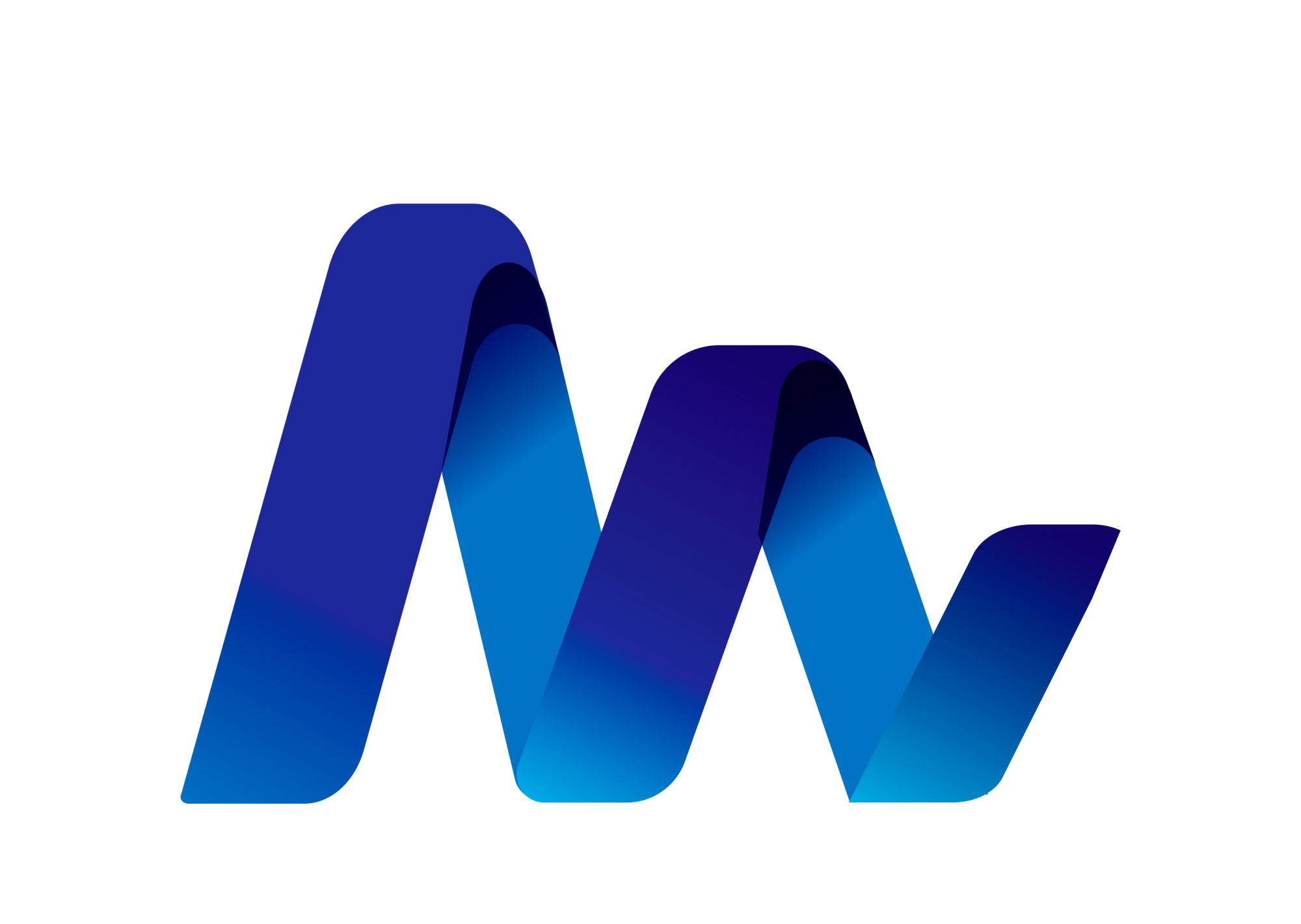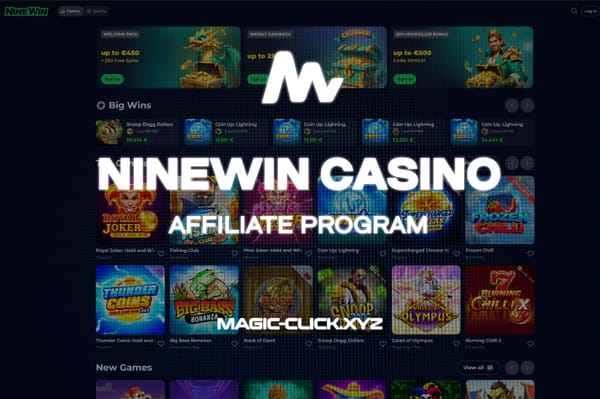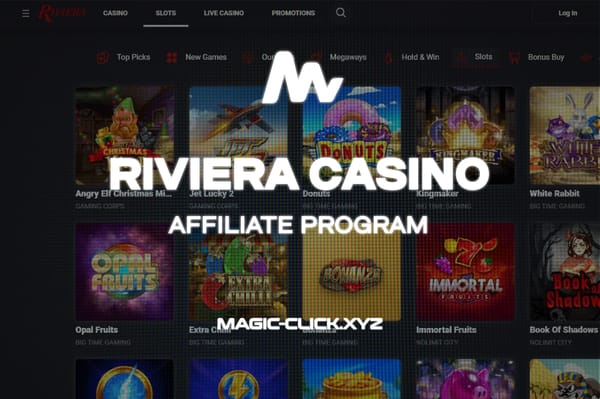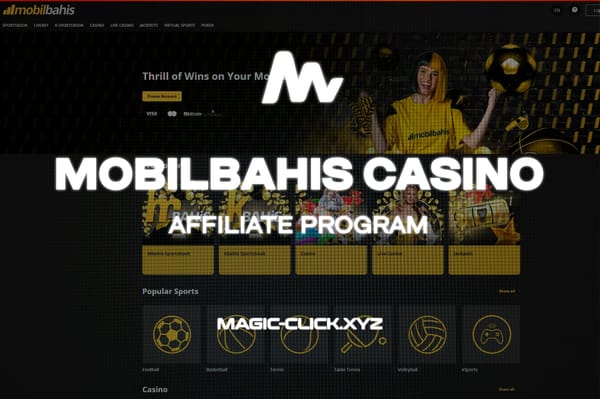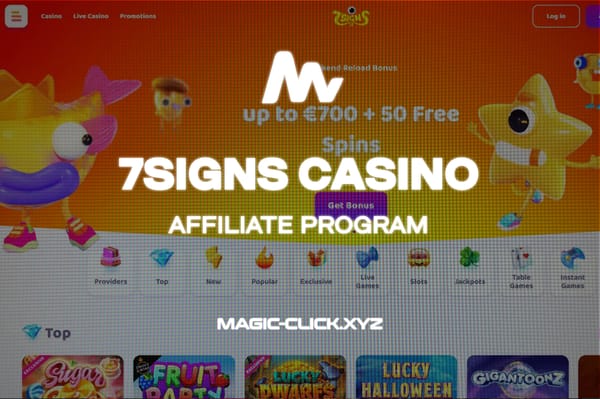How the Facebook Ads Auction Works
Facebook Ads is one of the most powerful advertising platforms in the world, allowing businesses to target their audience with precision…
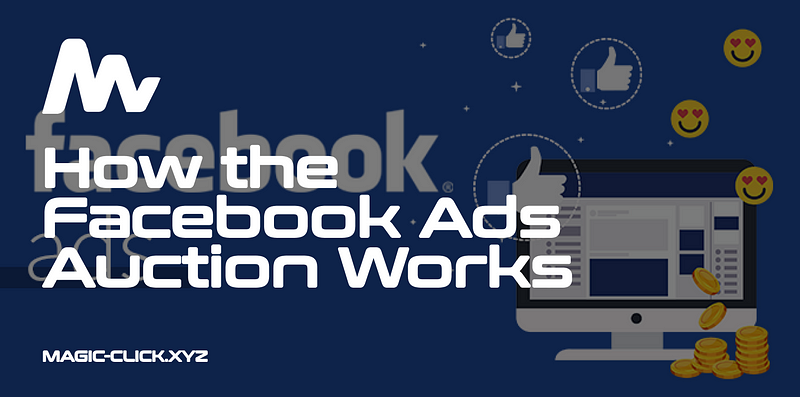
Facebook Ads is one of the most powerful advertising platforms in the world, allowing businesses to target their audience with precision. But how exactly does Facebook decide which ads to show to users? This process is governed by Facebook’s ad auction system. In this article, we’ll break down how the Facebook Ads auction works and what factors influence the selection of ads. Whether you’re a beginner or a seasoned marketer, understanding the Facebook Ads auction can help you optimize your campaigns and improve ad performance.

⠀ Magic Click Partners — Reliable CPA network with over 1000 offers in ⠀⠀⠀⠀⠀⠀⠀⠀iGaming and Betting verticals from direct advertisers.

What Is the Facebook Ads Auction?
At its core, the Facebook Ads auction is a system that determines which ad gets shown to a user at a given moment. When multiple advertisers target the same audience or compete for the same ad space, Facebook runs an auction to decide which ad will be displayed to the user. The auction isn’t purely based on the highest bid. In fact, Facebook takes several other factors into account when determining which ad will appear in a user’s feed.
Key Factors in the Facebook Ads Auction
Facebook doesn’t rely on a traditional auction model where the highest bidder always wins. Instead, the platform uses a more sophisticated approach that considers three key factors:
1. Bid Amount
The bid amount represents how much you’re willing to pay for a particular action (e.g., a click, conversion, or impression). The more you’re willing to pay, the higher your chance of winning the auction. However, the bid is not the only factor Facebook considers.
2. Estimated Action Rate
This is Facebook’s prediction of how likely it is that a user will take the desired action on your ad, such as clicking on a link or making a purchase. This is calculated based on Facebook’s historical data, looking at how users have interacted with similar ads in the past. If Facebook believes that a user is likely to engage with your ad, your ad will have a better chance of being shown, even if your bid is lower.
3. Ad Quality
Facebook prioritizes user experience, so the quality of your ad plays a significant role in the auction process. If your ad is relevant, engaging, and adds value to the user, Facebook is more likely to show it. The platform uses an “ad relevance score” to assess the quality of your ad, which is determined by several factors, including:
- Engagement: How well the ad performs (e.g., likes, shares, comments).
- Feedback from users: Negative feedback, such as users hiding the ad, can lower the ad’s relevance score.
- The user’s experience: Facebook also looks at whether the ad leads to a landing page that provides a good user experience (e.g., fast load times, clear messaging).

How Facebook Determines Which Ad Wins the Auction
The winner of the Facebook Ads auction is determined by calculating a total “auction value” for each ad. The auction value is a combination of:
- Your bid (how much you’re willing to pay),
- Estimated action rate (the likelihood of a user taking the desired action), and
- Ad quality (how engaging and relevant the ad is).
Winning the Auction
When Facebook runs the auction, it compares the total auction values for all competing ads. The ad with the highest auction value is shown to the user. Here’s the basic formula for Facebook’s auction value:
Auction Value = Bid x Estimated Action Rate x Ad Quality
It’s important to note that the bid amount alone won’t guarantee you a win in the auction. Even if you bid more than your competitors, a low ad quality score or a poor estimated action rate could result in your ad being shown less often or not at all.
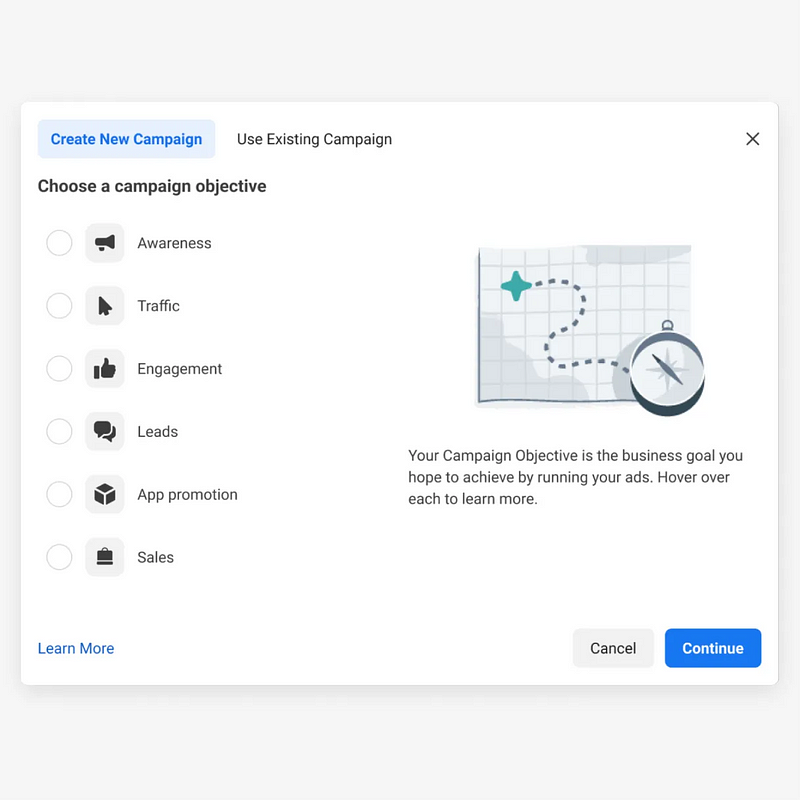
Types of Facebook Ads Campaigns and Auction Methods
There are several types of Facebook Ads campaigns, and each has its own auction model:
- Auction-Based Campaigns: These campaigns run on Facebook’s traditional auction system, where you compete against other advertisers for ad placements.
- Campaign Budget Optimization (CBO): Facebook automatically distributes your campaign budget across multiple ad sets to get the best results. This is still based on the auction model, but Facebook optimizes for your chosen goal, such as conversions or traffic.
- Reach and Frequency Campaigns: Instead of bidding for impressions in an auction, Facebook guarantees a certain number of impressions at a fixed price. This is useful for campaigns that prioritize brand awareness or a specific reach.
What Can Affect Your Facebook Ads Auction Results?
Several factors can impact your ad’s performance in the auction:
- Targeting Choices: The more specific your targeting, the fewer people you’ll be competing against for ad space, which may increase your chances of winning the auction. However, overly narrow targeting can limit your reach and increase costs.
- Bid Strategy: Facebook offers different bid strategies, such as “Lowest Cost” and “Cost Cap.” Choosing the right strategy can significantly impact your auction performance.
- Budget: Your daily or lifetime budget can also influence your auction outcomes. A larger budget may give you more opportunities to win auctions, but Facebook will still prioritize other factors like estimated action rate and ad quality.
- Ad Relevance: If your ad content is relevant and resonates with your audience, it will perform better, increasing your chances of winning the auction.
- Seasonality and Competition: During peak seasons (e.g., holidays, Black Friday), competition increases, which may raise auction costs. You may need to adjust your bid strategy to stay competitive.
How to Optimize Your Facebook Ads for Better Auction Results
Now that you understand how the Facebook Ads auction works, here are a few tips to help you optimize your campaigns for better results:
- Improve Ad Quality: Create engaging, relevant ads that resonate with your target audience. Use high-quality images and copy, and test multiple variations to see what works best.
- Refine Your Targeting: Narrow your audience to those most likely to engage with your ad, but don’t make your targeting too narrow, as this can limit your reach.
- Focus on Your Conversion Goals: Ensure that your ads are optimized for the right objective. For example, if you’re running a lead generation campaign, optimize for “Lead Generation” rather than “Traffic.”
- Test Different Bid Strategies: Try experimenting with different bid strategies like “Lowest Cost” or “Cost Cap” to see what delivers the best ROI.
- Monitor and Adjust: Regularly track your ad performance and adjust your campaigns as needed. Use Facebook Ads Manager’s insights to understand which ads are performing well and why.
Conclusion
The Facebook Ads auction is a complex system, but understanding how it works can help you optimize your campaigns and get better results. By focusing on the three key factors — bid amount, estimated action rate, and ad quality — you can improve your chances of winning the auction and getting your ads in front of your target audience. Experiment with different strategies, monitor your performance, and keep refining your approach for optimal results. The more you learn and adjust, the better your Facebook Ads campaigns will perform.
